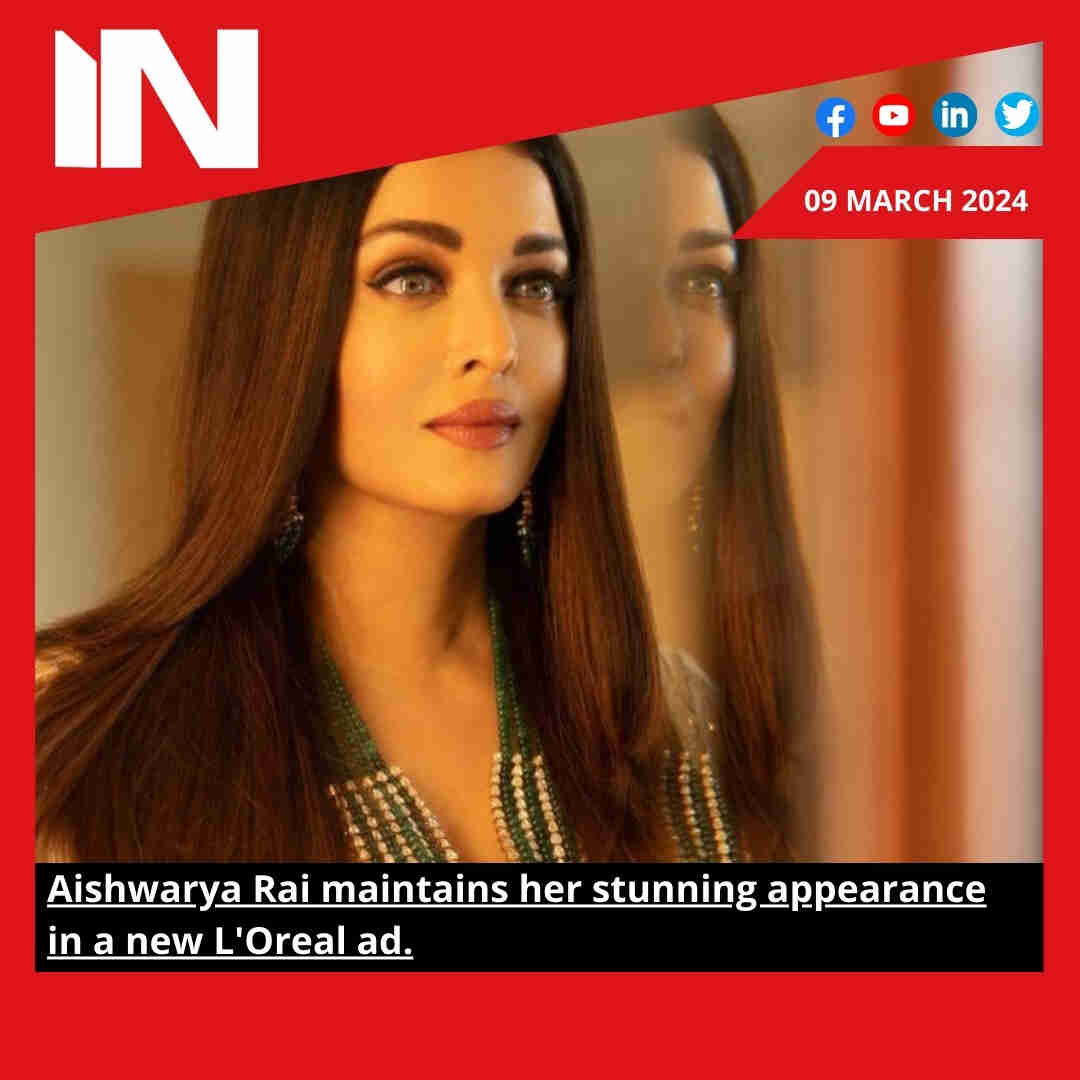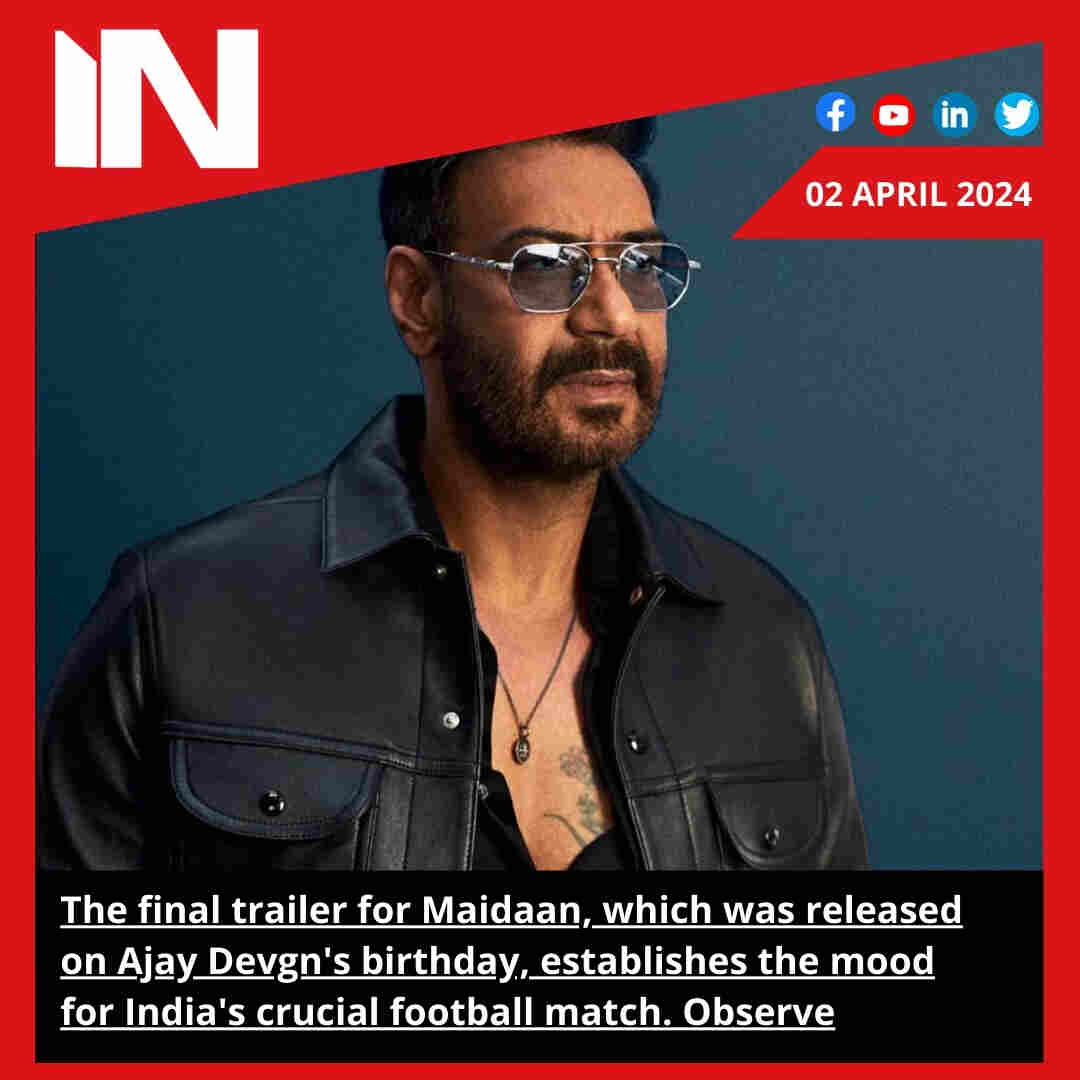India Hot Topics
largest camera-trap wildlife survey,India’s tiger sets Guinness Record

India’s tiger estimation for the year 2018 has entered the record books as it was awarded the Guiness World Record on Saturday for being the largest camera-trap wildlife survey.
Sharing the news on microblogging site Twitter, the Minister of Environment, Forest & Climate Change Prakash Javadekar claimed that India was able to double the number of tigers in the country four years before the target.
Javadekar wrote: “Under the leadership of PM Narendra Modi, India fulfilled its resolve to double tiger numbers 4 years before the target through #SankalpSeSiddhi. The All India Tiger Estimation is now in the #GuinnessWorldRecord for being the largest camera-trap #wildlife survey, a great moment indeed & a shining example of #AatmanirbharBharat!”
In 2018, India had as many as 2,967 tigers in the wild, with more than half of them in Madhya Pradesh and Karnataka, according to that year’s tiger estimation report.
Also Read : launch of China’s Kuaizhou-11 fails,after march booster soars to space
The paired camera traps were placed at 26,760 different locations across 139 study sites, which generated approximately 35 million photos, including 76,523 tiger and 51,337 leopard photos.
The data was released by Prime Minister Modi, who announced, to the delight of nature lovers that the population of the tigers had jumped from 2226 in 2014 to 2967.
There was a population increase of nearly 33% since the last census in 2014 when the total estimate was 2,226.
Not only has it set a new world standard in tiger census but also the encouraging results have validated India’s efforts in tiger conservation.
It also means that India has become one the most largest and secure habitats for these wild cats.
An application was sent to the Guinness Book of World Records to see if this was the largest wildlife survey ever conducted anywhere in the world.
source : NDTV
Also Read : PM Modi calls for replicating Delhi strategy in NCR
Movie
The Madras High Court has granted early screenings of Vijay’s Leo movie from 7 AM, requesting the TN government to resolve any issues.
Madras High Court Grants Early Screenings of Vijay’s “Leo” Movie at 7 AM, Urges TN Government to Address Concerns
The Madras High Court has made a landmark decision in favor of the much-anticipated Tamil film “Leo,” starring actor Vijay. In a significant move, the court has granted permission for early screenings of the movie from 7 AM, urging the Tamil Nadu government to swiftly address any issues and facilitate the smooth release of the film. This decision marks a pivotal moment in the realm of Tamil cinema and the entertainment industry at large.
Historical Context:
The Indian film industry, particularly the Tamil film industry, has seen its share of controversies and challenges related to film releases. Issues such as censorship, political disputes, and public sentiment have often played a significant role in shaping the release schedules and screening times for films. Vijay, one of Tamil cinema’s most prominent actors, has been at the center of such controversies in the past. This decision by the Madras High Court is, therefore, particularly noteworthy.
The Ruling:
The Madras High Court’s decision to permit early screenings of “Leo” comes as a response to a plea filed by the film’s producers. The court, while considering the plea, took into account various factors, including the film’s anticipated popularity and the prevailing circumstances. The court emphasized the importance of accommodating the audience’s interests and allowing them to enjoy the film without disruptions.
A Step Towards Normalization:
The court’s decision signifies a positive shift in the film industry, where release dates and screening times are often mired in controversy. By allowing screenings to commence at 7 AM, the court aims to reduce the chances of public unrest and congestion near theaters, especially in the wake of high-profile film releases.
The Role of the Tamil Nadu Government:
The Madras High Court, in its ruling, also called upon the Tamil Nadu government to cooperate in ensuring a seamless release for the film. This cooperation extends to providing necessary security measures to maintain law and order around theaters during the early screenings.
Implications for the Entertainment Industry:
The decision is expected to set a precedent for the release of other highly anticipated films, not just in Tamil cinema but also in the broader Indian film industry. The court’s emphasis on the importance of accommodating the audience’s interests could lead to more flexible screening times for movies in the future.
The Audience’s Perspective:
For moviegoers and fans of Vijay, this decision comes as a welcome relief. They can now look forward to enjoying the film without any undue delays or disruptions, ensuring a memorable cinematic experience.
In conclusion, the Madras High Court’s ruling to allow early screenings of Vijay’s “Leo” at 7 AM while urging the Tamil Nadu government to resolve any issues paves the way for a more audience-centric approach in the film industry. It is a landmark decision that highlights the importance of balancing the interests of filmmakers and the movie-loving public. This judgment is poised to make a positive impact on the release of future films, ushering in a new era of flexibility and convenience for cinema enthusiasts.
Group Media Publications
Entertainment News Platforms – anyflix.in
Construction Infrastructure and Mining News Platform – https://cimreviews.com/
General News Platform – https://ihtlive.com/
Podcast Platforms – https://anyfm.in
-

 Bollywood1 month ago
Bollywood1 month agoAishwarya Rai maintains her stunning appearance in a new L’Oreal ad.
-

 health and remedies1 month ago
health and remedies1 month agoThe article discusses the potential health risks associated with swallowing dry ice
-

 Entertainment2 months ago
Entertainment2 months agoThe Anant Ambani-Radhika Merchant pre-wedding bash in Jamnagar has received a list of guests.
-
.jpg)
.jpg) Music4 weeks ago
Music4 weeks agoSidhu Moosewala’s father and baby brother feature on Times Square billboard; fans react. Watch
-

 Trending2 months ago
Trending2 months agoDolly Chaiwala: “Didn’t Know Who He Was” in reference to giving Bill Gates tea
-

 Trending2 months ago
Trending2 months agoOppo Reno 12 Pro Key Features Leak Online: Expected to Receive a 1.5K Display with a Density 9200+ SoC
-

 Bollywood1 month ago
Bollywood1 month agoFor this explosive advertisement, Aamir Khan and Darsheel Safary reconnect 16 years after Taare Zameen Par
-
.jpg)
.jpg) Hollywood1 month ago
Hollywood1 month agoOri, Gal Gadot’s fourth daughter, is welcomed into the world. “Being pregnant wasn’t easy,”











.jpg)
%20(1).jpg)
%20(1).jpg)
.jpg)
.jpg)
.jpg)
%20(1).jpg)





